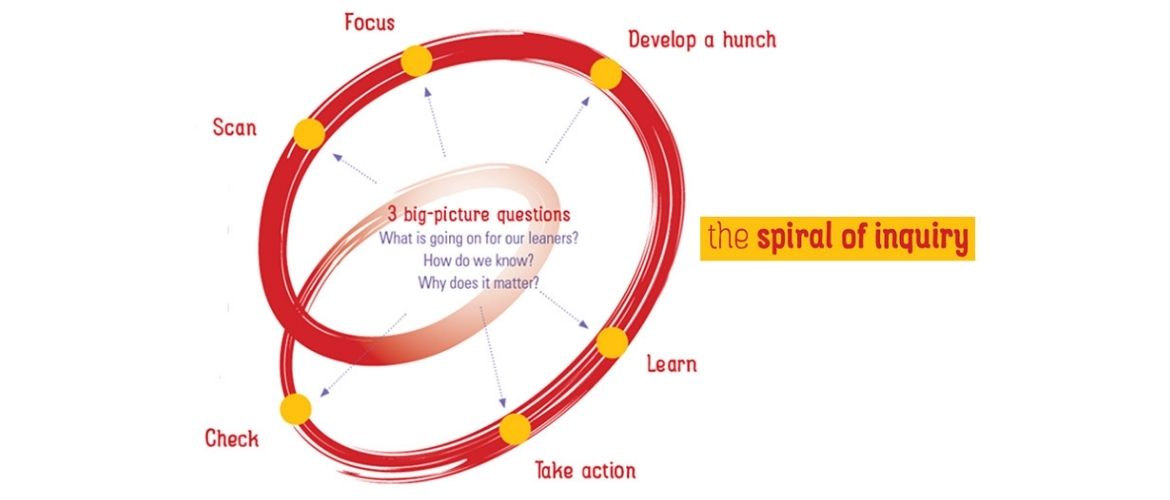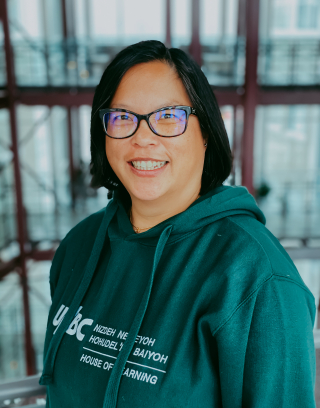Educators demonstrate a broad knowledge base and an understanding of areas they teach.

My dissertation titled, “The Professional Learning Experiences of Non-Mathematics Subject Specialists: A Descriptive Study,” focused on high school teachers teaching mathematics out-of-field and what learning activities they participated in to learn the subject matter to teach the subject matter. Understanding the areas that we teach involve the subject matter but it also includes knowledge of BC’s Curriculum, performance standards, and other knowledges and understandings of other content areas and competencies.
For teacher candidates, this knowledge can come from undergraduate studies, but also an expertise is built over time during practicum and the practice itself. Teachers find themselves learning “on-the-job” or learning from experience. Some of this learning includes learning about the subject matter that they teach. In EDUC 405 (reflective practice and inquiry through portfolios) and EDUC 633 (human development and implications in education) are a couple of courses I am teaching where inquiry and self-inquiry are incorporated into coursework.
As teacher candidates are learning about teaching and learning from theory to practice and graduate students are learning about human development and implications in practice, I have designed both courses for students to be curious about what they are observing and how they can create change with what they are learning in the course and/or practice. In both courses I am using the Spiral of Inquiry (2017) created by Judy Halbert and Linda Kaser as a framework for action research or inquiry. For teacher candidates, they are asked to wonder about what’s happening in classrooms and what they would like to learn more about. For graduate students, I am asking them to create a self-study and reflect on practice.
For me, I am also learning. Designing two courses where I am not directing what students are learning but I am guiding them to determine what’s important to them to personalize their learning can create some uncertainty on part of the student, but it also creates autonomy, mastery, and purpose (Daniel Pink, 2009). EDUC 405 inquiry extends for 16-months but EDUC 633 is this semester. I can see that the graduate students are settling into their inquiry question, but also changing it over time as they learn more about each stage of human development. It excites me to see their excitement and reflections each class and I hope the same for the teacher candidates as they move into short and long practicums.
I am also engaging in the Spiral of Inquiry with some of my academic writing, but also with EDUC 633. My question is: “How can I be more human in my classes?” I am curious about how can humanity return back to the classroom. I am a former secondary mathematics teacher and now a teacher educator. I am spending more time in my practice focussing on compassion, wholeheartedness, and vulnerability. It’s not easy for me, but it’s more aligned who I am and who I want to be. Schools tend to be more mechanistic and system-driven and we lose sight of the person. I am enjoying what I am learning in EDUC 633 and academic writing. I hope to continue to guide teacher candidates of the Spiral of Inquiry to learn and act.
PS. I am blogging about what I am learning in EDUC 633 as part of my self-study.




